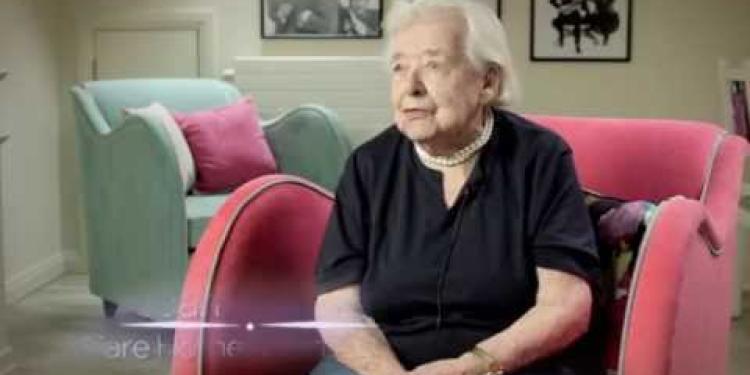Find a supplier in your area
More Videos On This Subjectdiagnosis
This page is part of the following topics:
The Role of Care Homes Dedicated to Caring for People Living with Dementia and Memory Loss
Personalised Care Plans
Care homes that specialise in dementia and memory loss provide personalised care plans tailored to each resident's unique needs and preferences. Trained caregivers conduct thorough assessments to understand each individual’s cognitive abilities, personal history, and likes and dislikes. These insights shape daily routines and activities designed to enhance quality of life and promote comfort and familiarity.Specialised Training and Expertise
Staff in dementia care homes receive specialised training to understand the complexities of dementia and memory loss. This expertise enables them to manage the unique challenges associated with different forms of dementia, including Alzheimer's disease. They are skilled in communication techniques, behavioural management, and providing emotional support, which is crucial for maintaining residents' dignity and well-being.Safe and Secure Environment
Care homes dedicated to dementia provide safe and secure environments tailored to the needs of their residents. Features might include secure premises to prevent wandering, clear signage to aid navigation, and calming decorations to reduce anxiety and confusion. The physical environment is designed to be both safe and stimulating, promoting residents’ independence while ensuring their safety.Meaningful Activities and Engagement
Engaging activities play a pivotal role in dementia care homes. These activities are designed to stimulate the mind, promote physical health, and foster social interactions. Whether it’s reminiscence therapy, music sessions, gardening, or gentle exercise, these activities help maintain cognitive function and provide a sense of purpose and joy.Support for Families
Care homes also offer crucial support for the families of those living with dementia. This support can take many forms, from regular updates and communication to providing educational resources and support groups. By involving families in the care process, homes help maintain strong connections between residents and their loved ones, easing the emotional burden for all involved.End-of-Life Care
In the later stages of dementia, specialised care homes provide compassionate end-of-life care. This includes pain management, emotional support, and ensuring that the resident's final days are as comfortable and dignified as possible. Staff work closely with families during this time to provide needed support and reassurance. Daily life in a care home dedicated to dementia and memory loss care is intricately designed around the needs of the residents to ensure that they receive compassionate, effective care that improves their quality of life.Useful Links : The role of care homes dedicated to caring for people living with dementia and memory loss
Useful links from: The role of residential & nursing homes
- NHS: Care homes The NHS guide provides an overview of care homes, including the types of care homes available, the services provided, and how to choose the right one.
- Age UK: Care homes Age UK offers detailed advice on different types of care homes, how to fund your stay, and finding the right care home for your needs.
- Alzheimer's Society: Moving into a care home The Alzheimer's Society provides specific information on moving into a care home, especially for people living with dementia and their families.
- NHS: How to get social care and support This NHS page offers guidance on getting social care and support, including eligibility, assessments, and different types of support available.
Useful links from: Animation - Primary care and NHS 111
- NHS - How 111 Works Provides detailed information on how the NHS 111 service works, including when to use it and what happens when you call.
- NHS - NHS 111 online Official website for NHS 111 online where you can get urgent healthcare advice or help online for yourself, your child, or someone you care for.
- Healthwatch England - NHS 111 Healthwatch England provides information on what to expect when you call the NHS 111 service, including insights and advice.
- NHS - Primary Care Services Offers information on GP services as part of primary care, including how to register with a GP and what services are available.
We would love to hear from you!
Have you found an error, or do you have a link or some information you would like to share? Please let us know using the form below.
Important Information On Using This Service
- Ergsy carfully checks the information in the videos we provide here.
- Videos shown by Youtube after a video has completed, have NOT been reviewed by ERGSY.
- To view, click the arrow in centre of video.
- Most of the videos you find here will have subtitles and/or closed captions available.
- You may need to turn these on, and choose your preferred language.
- Go to the video you'd like to watch.
- If closed captions (CC) are available, settings will be visible on the bottom right of the video player.
- To turn on Captions, click settings .
- To turn off Captions, click settings again.



